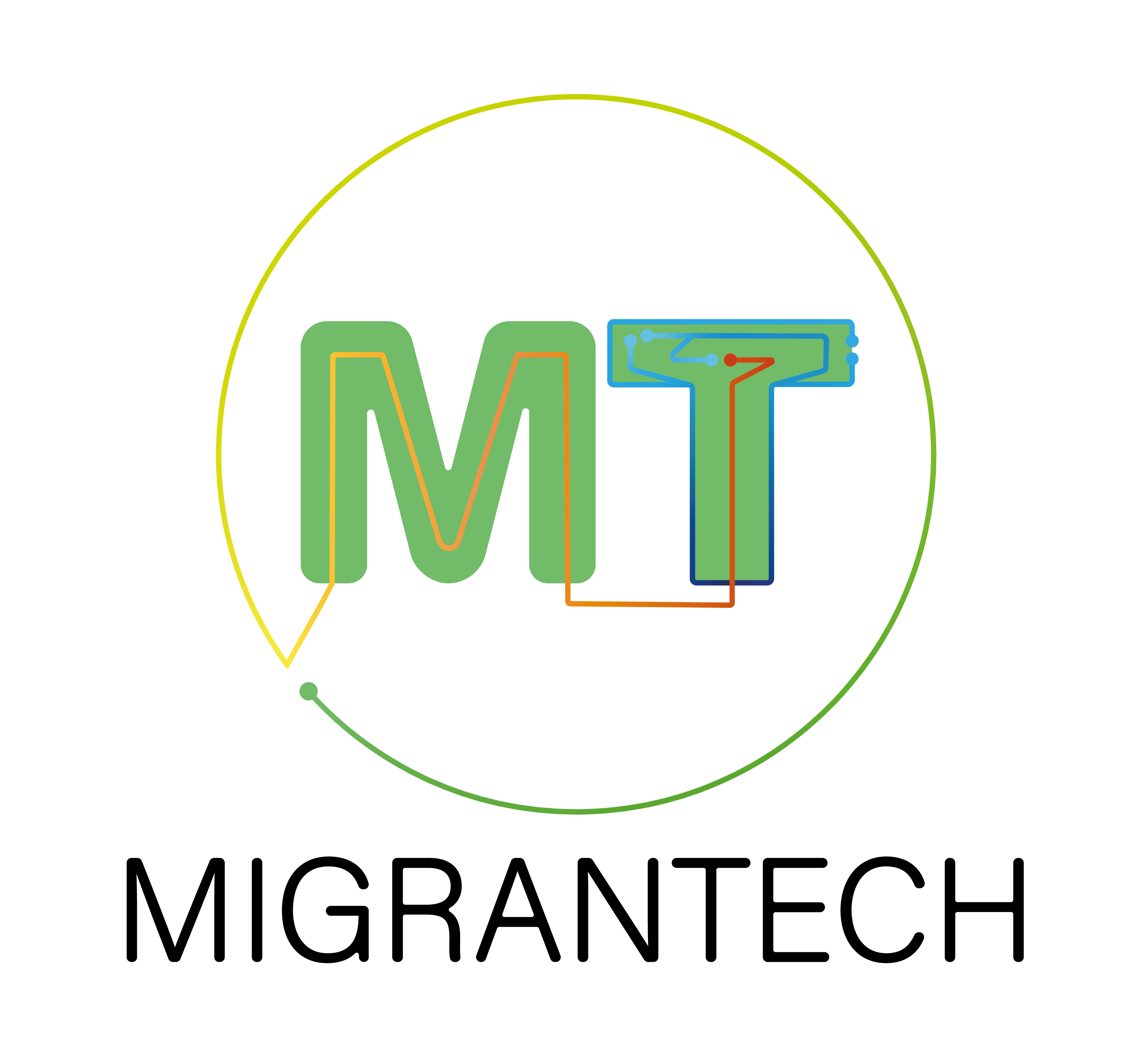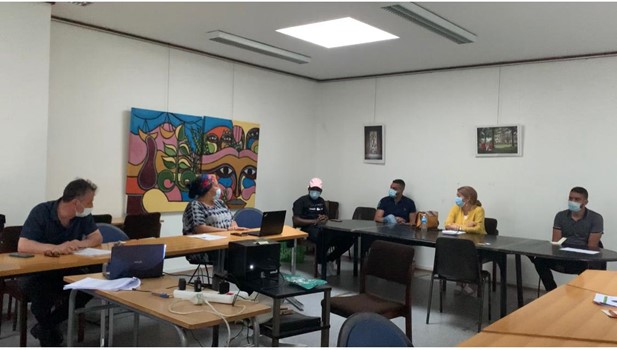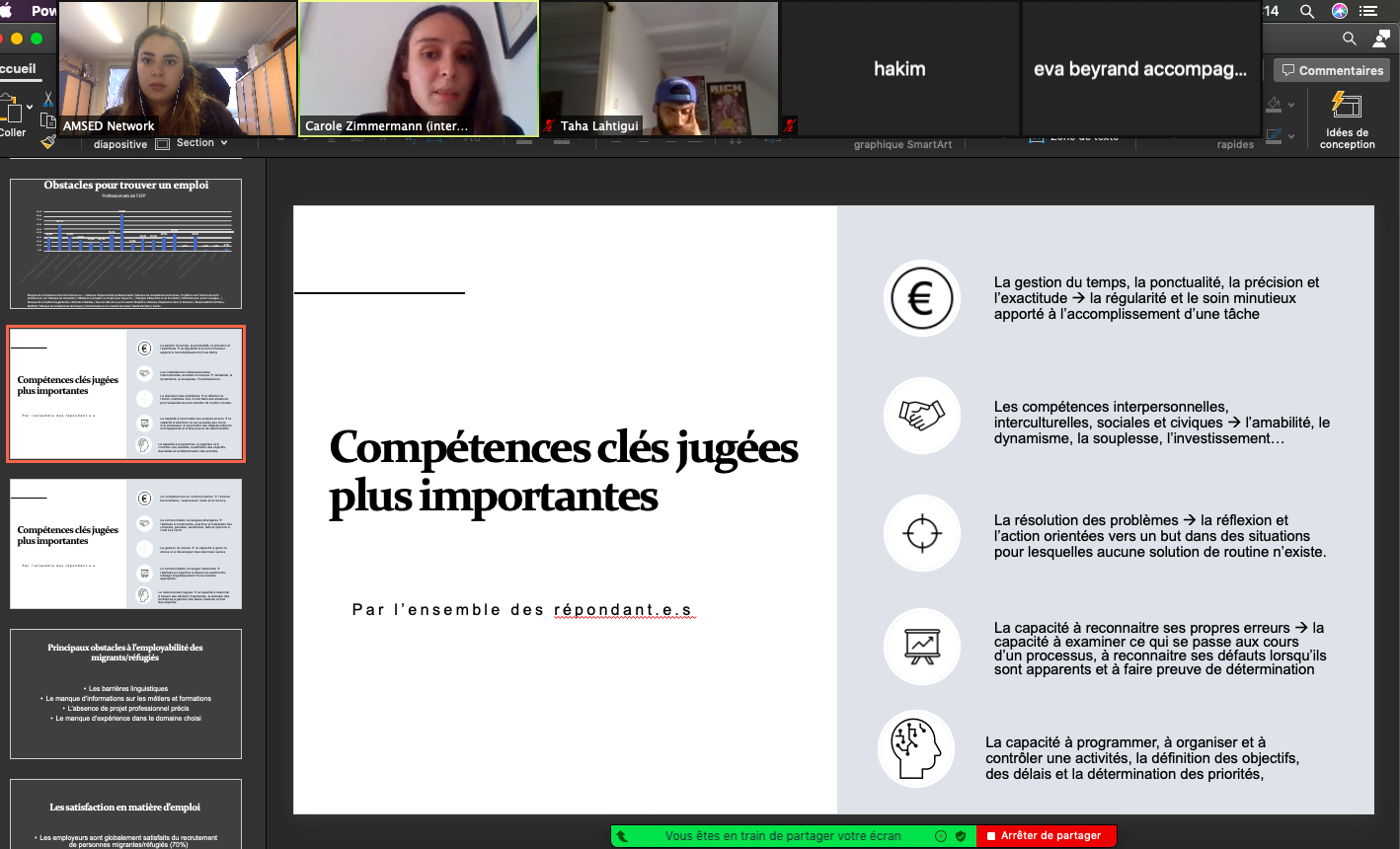

In the framework of the Erasmus+ project Migrantech, AMSED and its European partners from Belgium (FAMIDO), Portugal (Factor Social) and Turkey (Anatolia) have carried out a survey in order to identify the skills that are most required and sought after by companies and employers of migrants (newcomers) and refugees who have a status that enables them to work.
Once this first step was completed, two feedback workshops were organized, face-to-face and online, in order to discuss the results of the survey with the stakeholders (migrants and refugees, integration professionals, employment sponsors, employers, association activists, etc.). These focus groups allowed participants to share their impressions, ideas, opinions and experiences related to the employability of the migrant/refugee public.
The comparison of the results of the survey with the feedback given by the participants confirmed several hypotheses, namely:
- Behavioral competencies (soft skills), such as time management and punctuality, learning ability, interpersonal skills or mastery of the social codes of the host country and the business world, are the most required by employers of migrants and refugees. Indeed, these skills reflect their reliability, motivation and commitment. In comparison, technical skills (hard skills) are considered less important since they can be acquired through practice and experience.
- The mastery of the French language is the main difficulty encountered by migrant/refugee job seekers, even though it is one of the prerequisites for their employability.
- The support of this public, both by professional integration counselors and by sponsors from civil society, is a central issue that allows them to have access to all the necessary information and to be oriented in the best way according to their situation and their professional project.
- The motivation and willingness of migrant and refugee jobseekers are the keys to their professional integration.
Finally, these workshops were an opportunity to underline the multiplier effect that could emerge from the professional integration of migrants and refugees. Indeed, once they have been integrated into the job market, they can in turn advise and accompany other people in their search. This process therefore leads to positive results both for the migrants/refugees themselves, for employers and for other potential job seekers.


